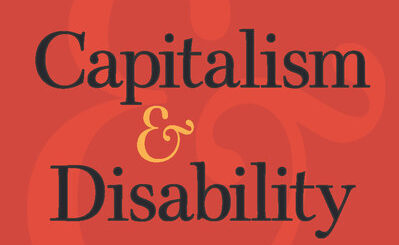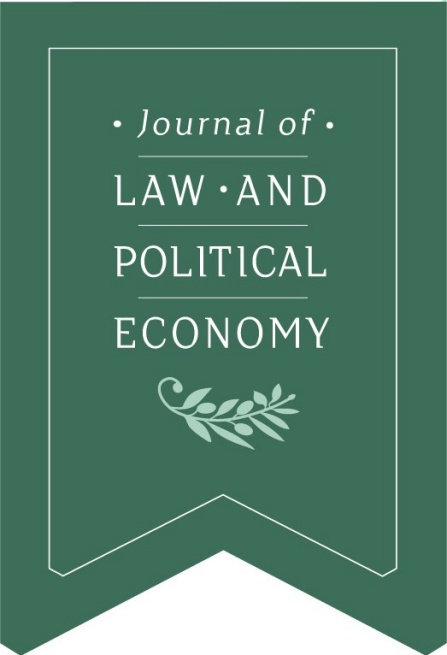
How Free Trade Threatens Global Democracy
As we debate matters of near-shoring, friend-shoring, and globalization, we must not forget the lessons of the recent past: from Argentina to India, the pursuit of open economies involved a brutal crack down on labor union resistance. In the process, many governments unleashed dynamics that now threaten the survival of democracy itself. Hope, though, can be found in the recent strengthening of labor movements globally, as well as the potential to bolster unions through industrial policy and the transition to a green economy.






